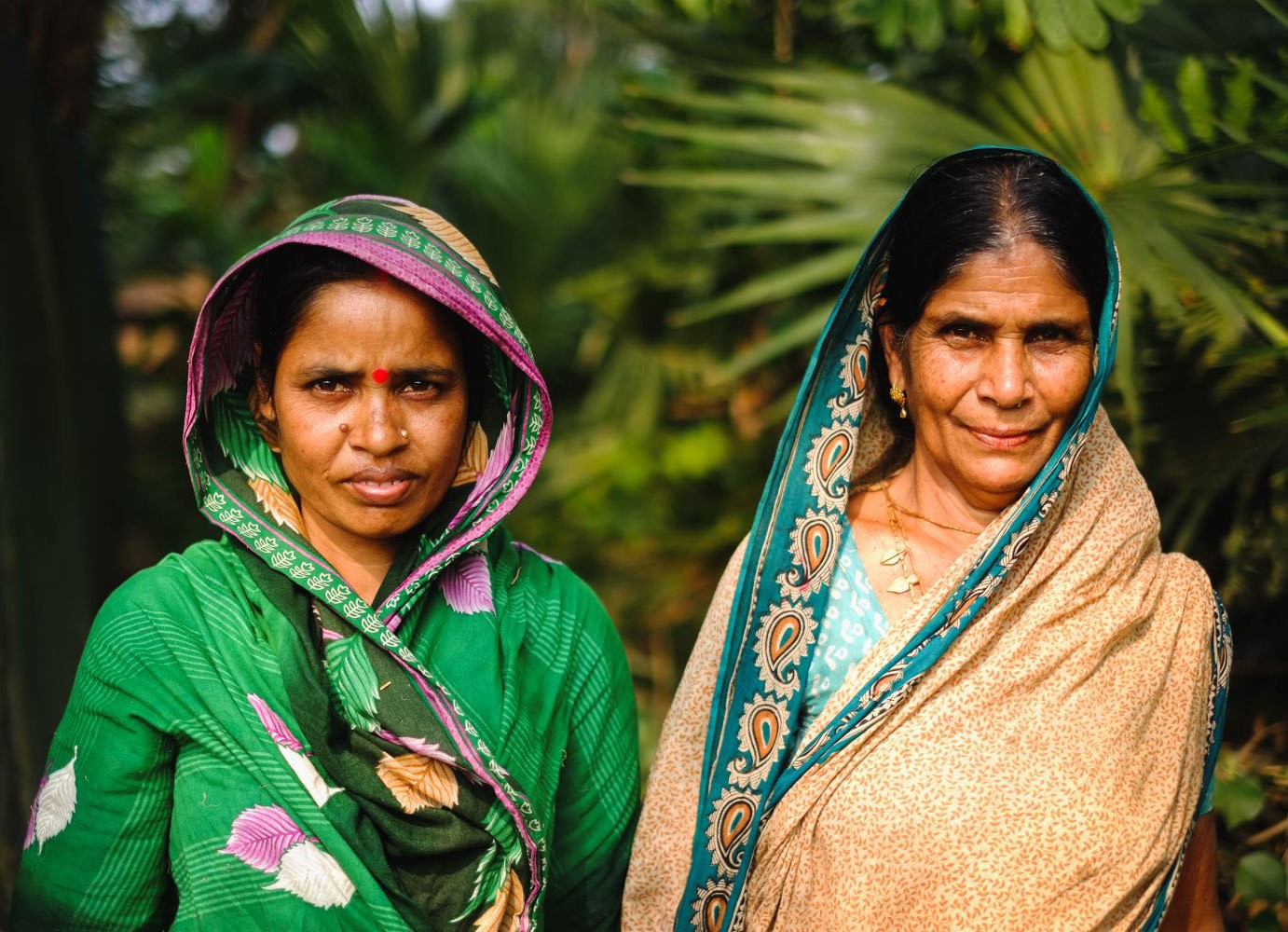Three big conferences next year could affect the next two decades of global development. The first will bring world leaders to Addis Ababa in July for the Third International Conference on Financing for Development. Next up, presidents and other assorted potentates will gather in New York at the United Nations to agree on Sustainable Development Goals for 2015–2030. Finally, the UN Framework Convention on Climate Change will meet in Paris in December to negotiate what will follow the Kyoto treaty. I’m increasingly optimistic about two out of three of these events, to the extent that the rather grim prospects for the third are beginning to appear a little less apocalyptic.
Going in reverse chronological order, I share the excitement over the recent US-China climate deal and what it might mean for the UNFCCC in Paris. In my Business Week blog this week I suggest the deal gives hope that the conference could line up ambitious national targets into a global target on the year that greenhouse gas emissions will start to decline (Nigel Purvis believes it could be 2025).
When it comes to the post-2015 development agenda, I still hope the secretary-general pulls a rabbit out of the hat with his upcoming report and that it provides a compelling narrative of what the Sustainable Development Goals are meant to be for. If he manages that, and it provokes member countries to edit and sharpen goals, there’s still the chance that the New York meetings could celebrate a powerful and useful outcome document. But at this point, I’m not terribly optimistic. According to this report, the UN permanent representatives from Ireland and Kenya, who are the co-facilitators of the plenary on the organization and modalities of intergovernmental negotiations and remaining issues related to the summit for the adoption of the post-2015 development agenda (a job title that is 55 characters too long to tweet) suggest that, from governments’ point of view, “the targets—but not goals—proposed by [the Open Working Group] may require ‘tweaking’” before they are adopted. It would be nice to think that the goals are to be excluded from the tweaking because they need more than tweaking, which is itself diplomat-speak for “hacking mercilessly.” But I’m not sure that’s what they meant.
That leaves Addis. Perhaps it will prove fortuitous that it comes before New York and won’t be infected by a sense of disappointment if the SDGs remain a bit of a mess. There are a lot of ideas on the table at the moment, including better aid targeting; building up nonconcessional financial flows and guarantees to invest in infrastructure; using the momentum out of the G-20 on issues like tax, transparency, and illicit financial flows; getting rid of harmful subsidies and redeploying the money to more development-friendly uses; perhaps even dealing with bits of the international elements of a range of nonfinancial issues from technology though trade and the environment. If just some of these ideas come to fruition, the Addis event will be well worth the cost of the business class airfares and conference canapés.
Overall, the US-China climate agreement and the news that the United States and India appear to have reached a compromise on customs streamlining and agricultural subsidies, meaning a WTO deal might be in the cards, suggest the environment for global deal-making going into 2015 is markedly improved. The US administration deserves credit for its considerable part in taking poison out of the well. Next year is a big opportunity to improve long-term global development prospects. It is nice to think world leaders might actually grasp it—or, at least, most of it.
CGD blog posts reflect the views of the authors, drawing on prior research and experience in their areas of expertise.
CGD is a nonpartisan, independent organization and does not take institutional positions.





